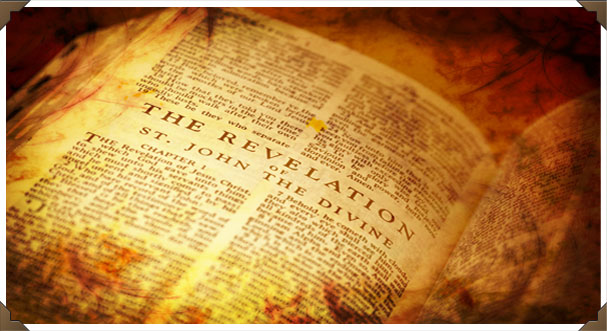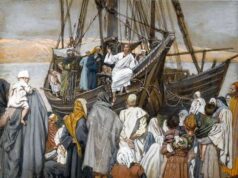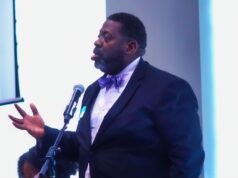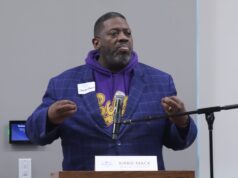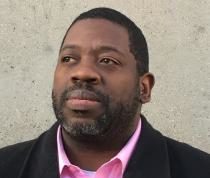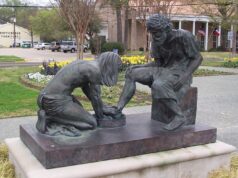You can almost set your watch by doomsday prophets.
Every year for the last two centuries or so, a few individuals will rise and predict that the world as we know it will end on a specific date or season.
The doomsday prophets are charismatic and drum a steady and persistent message of inevitable doom.
As a result, they attract a sizable contingent of followers — many of whom are lower middle class or poor — to sell their possessions, donate them to the cause, and follow the prophet.
And in every instance, the season and date will pass, uneventfully, without doom, and with it, the prophet’s credibility and respect.
In almost every case, the doomsday prophet claims that he has a special ability to interpret the Christian Bible in such a manner that allows him to predict when the exact day the world will end, Christ will return to earth, and God will administer a judgment on the earth that God created.
The doomsday prophets are undeterred by consistent messages in the gospel that only God knows when God will end things on earth. They push on, defiant, emboldened until their prediction is proven to be false.
Of all of the books of the Bible the doomsday prophets use to bolster their apocalypse claims, the book of Revelation is by far their favorite. They insist that the abstract imagery and the coded language in the book point directly to a fiery end to the world.
And Hollywood has done every favor imaginable for doomsday prophets and their reading of Revelation.
There are more movies than I can count with some Keanu Reeves-ish protagonist trying to save the world from the “anti-Christ,” the “four horseman, or some other image mentioned in Revelation.
What we think about an apocalypse shapes popular culture.
In fact, if our perceptions of the end of the world shaped by doomsday prophets and movies were at all tangible, they would have a hashtag and memes.
But, there are some things we should all know about this book that doomsday prophets use so frequently to predict the end of the world. Things I learned and pondered on in seminary.
First, we should know that the book we call Revelation wasn’t the only “revelation” in the early Roman Empire.
There were dozens of texts purporting to be revelations of the end of the world. The one that we read in the Bible is the only one the church fathers chose to include in the canon.
Next, the person who wrote the book we call Revelation wasn’t what we would consider a Christian.
The guy, John of Patmos, was a Jewish man who followed Jesus. He was very concerned about the followers who accepted Jesus’ teachings, but did not follow the Jewish laws and customs. Some of what we read in Revelation is a rebuke of people and culture that we would call Christian.
And finally, the boom of Revelation was not in and of itself a book about the end of the world — it was a book that called on the Jewish nation to rebel against the Roman Empire.
Without oversimplifying, John of Patmos would have been writing and preaching somewhere around the time the Roman army pillaged Jerusalem and destroyed the temple there.
This would have been to the Jewish nation, the equivalent of tearing down the White House and Washington. John of Patmos was using coded language like the “666” and such to send a call to arms to the Jewish nation who were living under an oppressive Roman authority.
This all matters to us because doomsday prophets have used Revelation to further their doomsday prophecies at the expense of the poor who follow them.
What is more, every time a doomsday prophet makes a prediction about the end of the world, and it is exposed as a false prediction, it gives ammunition to those who are already hostile toward Christianity, who already believe it is a sexist and racist religion.
Christians — real Christians — don’t need this added problem.
They already have 99 others they are working to solve — homelessness, poverty, racism, and the marginalization of women.
They don’t need this one, too.

